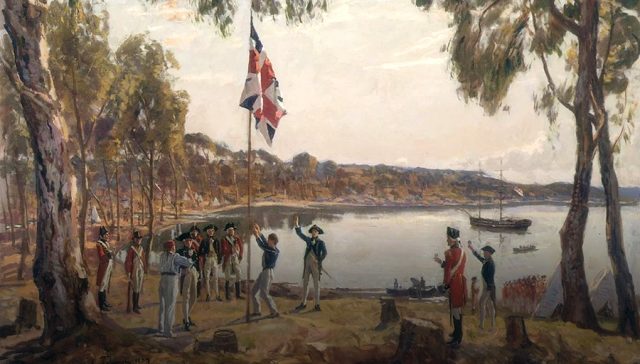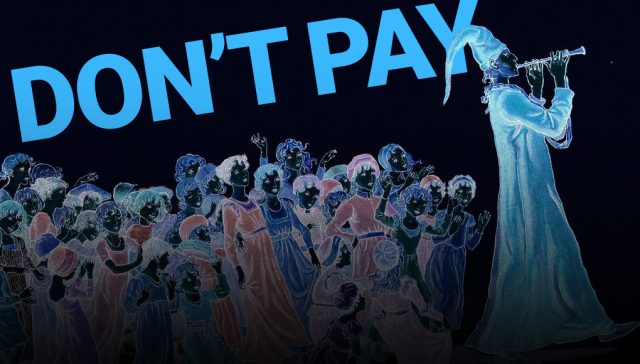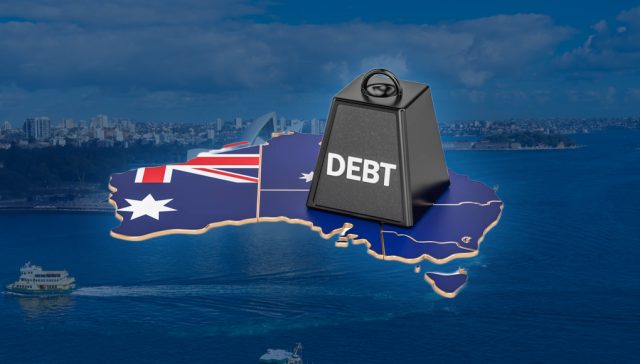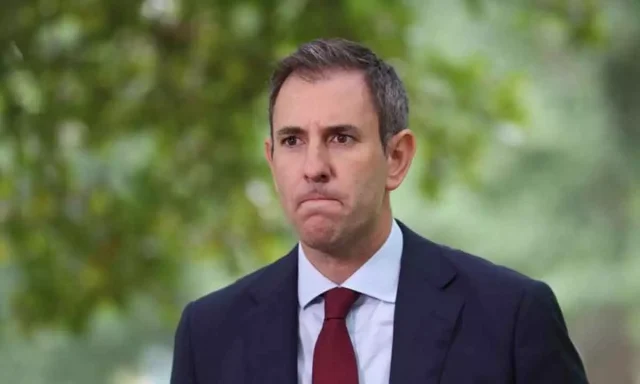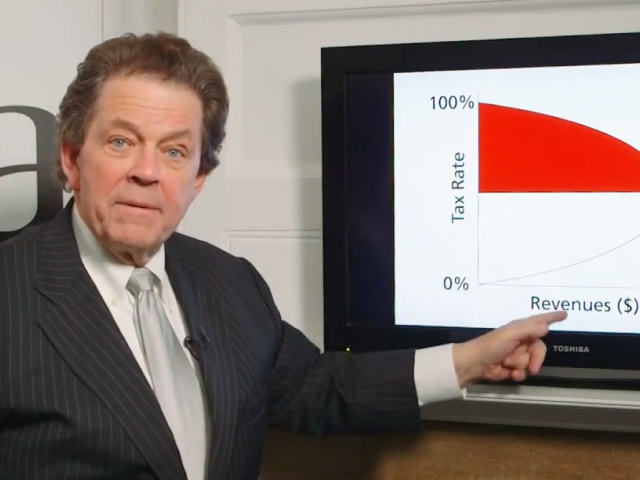The Nation State
As another Australia Day passes, it gives us the opportunity to reflect on our national identity and what it truly means to be Australian with the number purporting to opt out of celebrating our national day increasing.
CHANGE THE DATE
26 January 1788 marks the landing of the First Fleet and raising of the Union Jack in Sydney Harbour. While it is true it has only been granted public-holiday status since 1994, the term “Australia Day” has been used to celebrate 26 January in all states and territories since 1935. In New South Wales, 26 January celebrations date back to 1808.
While changing the date may sound like a way of keeping more people happy, in fact complaints about the date are nothing more than a facade for the true anti-Australian and anti-Western motivations behind the movement.
History is replete with actions that we would find abhorrent in modern society – and some of the actions of Australia’s first settlers are no exception. Regardless of what new date we may find, the grievance industry would have absolutely no hesitation finding some historical injustice on that new date to complain about. Which is precisely the point.
Australia has now become the global roadmap for Western tyranny.
The true intention behind those campaigning to “change the date” is to abolish Australia Day in its entirety. In fact, these grievance professionals do not believe Australia, or its culture, is worth celebrating. They are the Australian subsidiary of the global grievance industry’s efforts to prevent the celebration of any aspect of Western culture, despite it being responsible for the most free and equitable societies in human history.
A BROKEN CLOCK
But what if they’re right? What if these grievance professionals have stumbled onto something, inadvertently of course? The irony is that Australia is the wet dream of the very authoritarians who attempt to suppress the celebration of any of its achievements.
Contrary to the popular narrative of the laid-back Aussie, we are an incredibly orderly and compliant bunch. If Shakespeare was right and all the world is indeed a stage, Australia is the usher, dutifully ensuring the audience is seated correctly and quickly shushing those who dare exceed the permitted level of fun.
And what do we have to be proud of? Let’s look to modern times. Having the world’s longest and harshest lockdowns? Excessive levels of taxation? Forced participation in the political system? A disarmed populace?
“But we were once a great nation” all the boomers will cry! Perhaps we were; I was not alive to see, but I suspect that is nothing more than a nice comfort to cling to.
THE LUCKY COUNTRY
Our history suggests we were always orderly and compliant, inheriting our love for order from Mother Britian and never seeking independence from her. Like an overly dependent child and a helicopter mother: the mother fearful of the harms that freedom may entail, and the child comforted by a familiar dependence.
The true intention behind those campaigning to “change the date” is to abolish Australia Day in its entirety.
Australian liberty is no better summarised than by our closest encounter with homegrown rebellion: the Eureaka Stockade. It lasted a grand total of 15 minutes before the rebels were overrun by security forces.
While the founding documents of the rebel miners proclaims that “taxation without representation is tyranny”, echoing the language of the United States Declaration of Independence, the Eureka flag now hangs in the offices of tyrants across the country.
The symbol of our failed rebellion is captured by the tax collectors and tyrants it once opposed. All to the rapturous applause and adulation of the captive populace.
GOLDEN SOIL
Australia has now become the global roadmap for Western tyranny. American gun-grabbers point to “the Australian model” to disarm their populace. Global health bureaucrats gushed over “the Australian approach” to Covid tyranny. Regulators worldwide were inspired by Australia’s plain-package cigarettes and sky-high tobacco excise.
While the Australian economy was once described as “a farm on top of a mine”, it should now be updated to “an unrelenting bureaucracy on top of a mine”. By revenue, state government administration is now the biggest industry in Australia. And tyranny is our biggest export.
And even though I celebrated Australia Day the most Aussie way I know how, in front of a barbeque, with a beer in hand and the cricket on TV, as the state-mandated bedtime approached, I couldn’t help but wonder: am I truly proud to be Australian?

While always avidly following politics and culture, James Hol was not politically active until the overreaction to COVID. In a matter of months, James gained invaluable insight into all levels of government, being heavily involved in Federal, state and local election campaigns.






